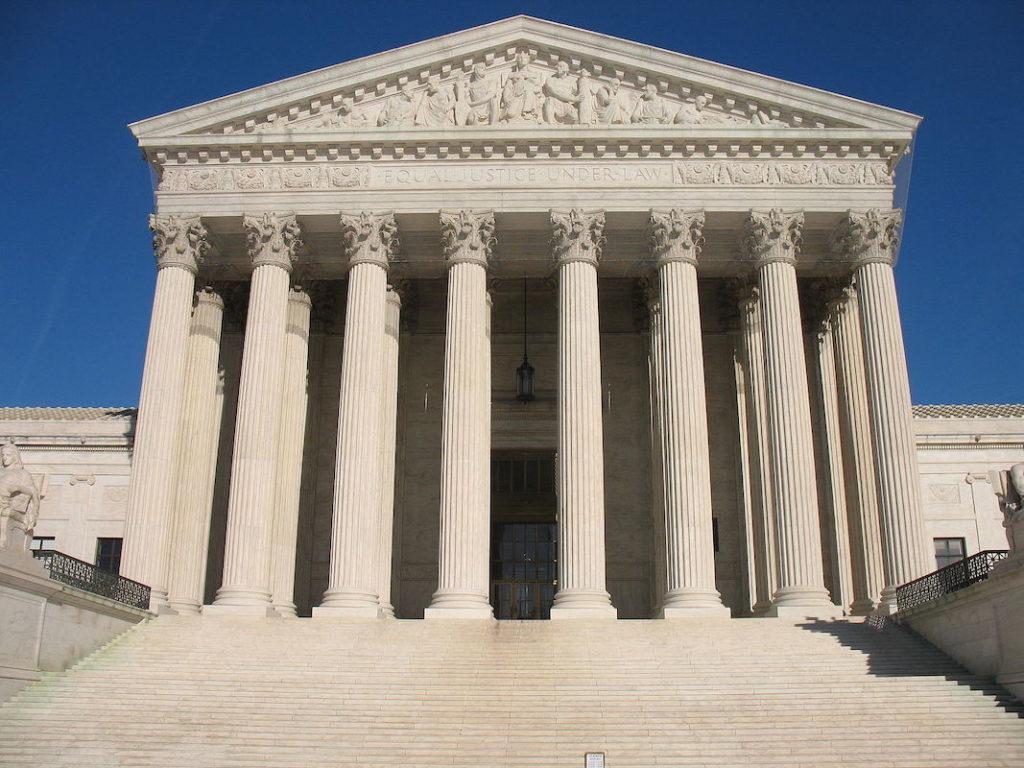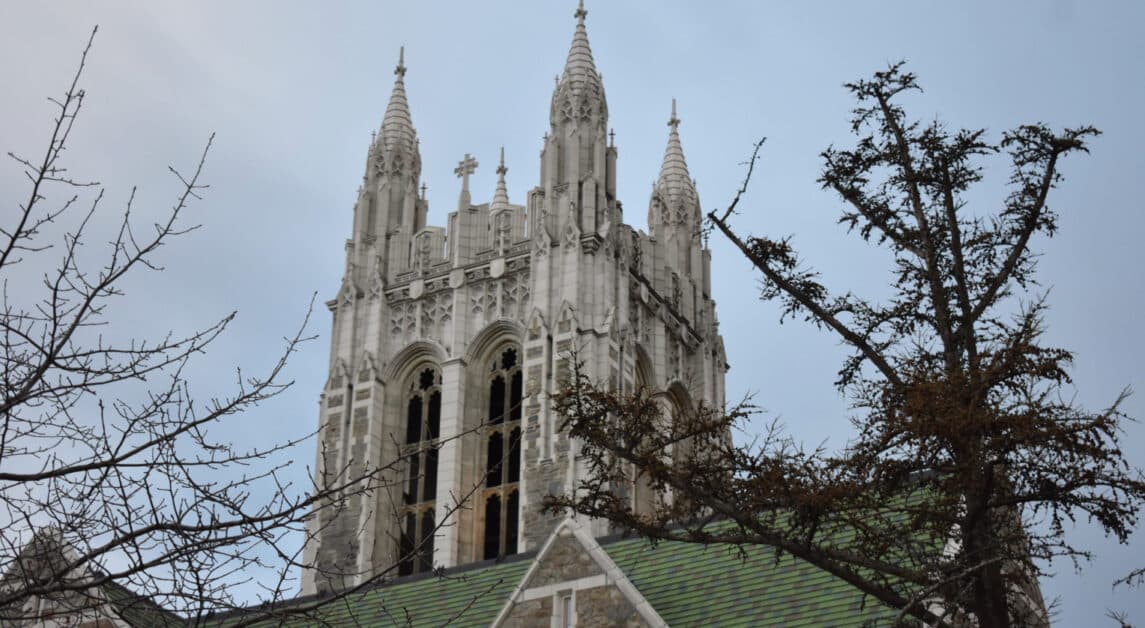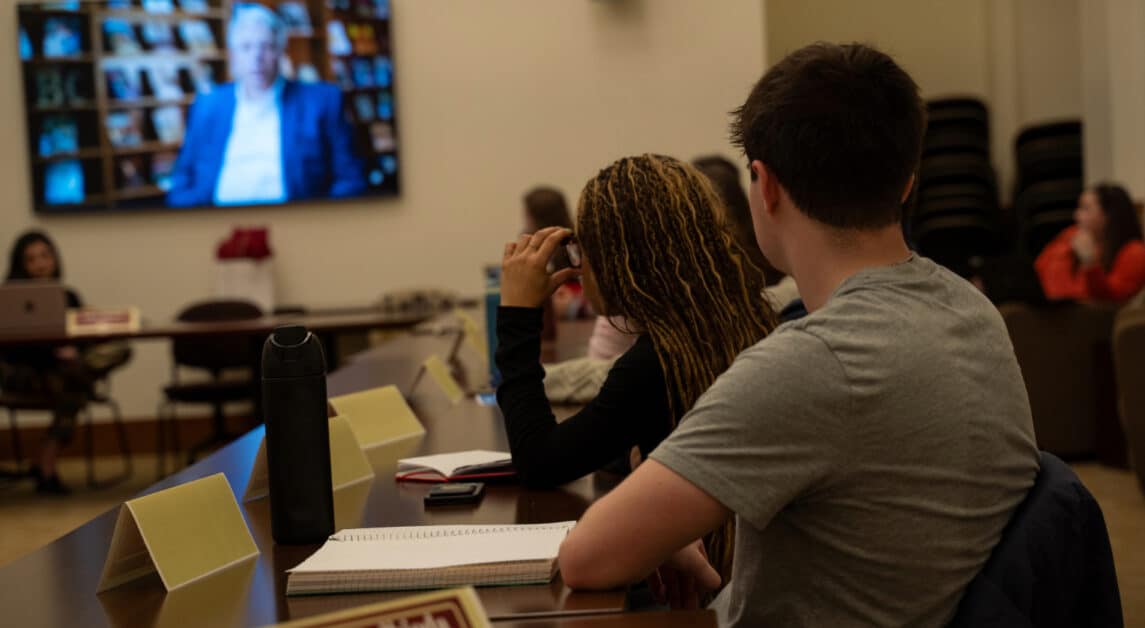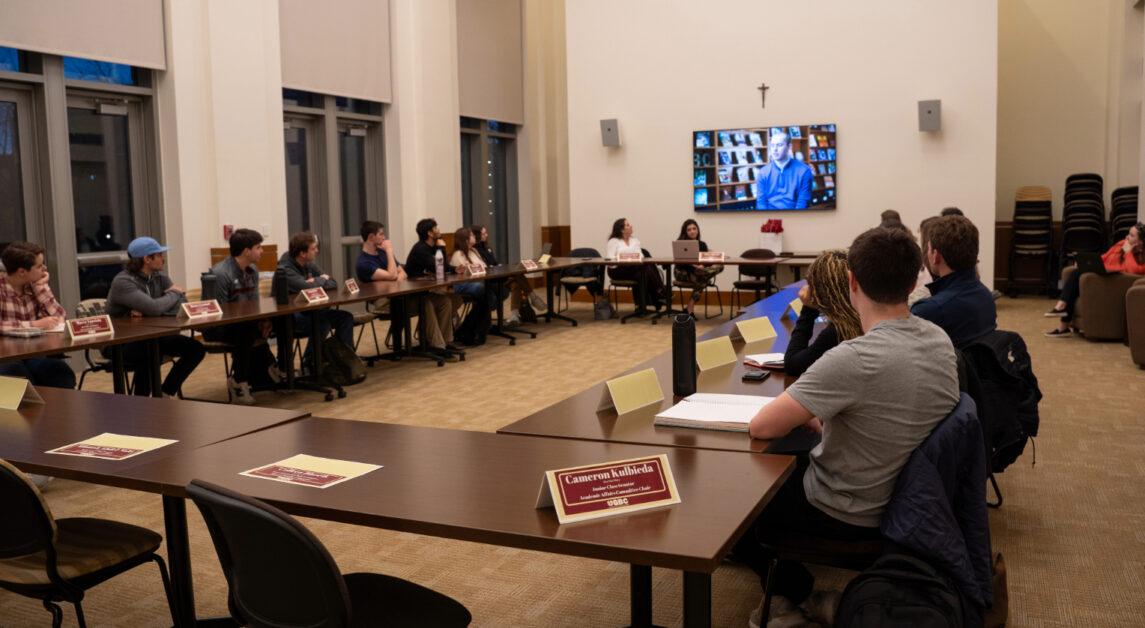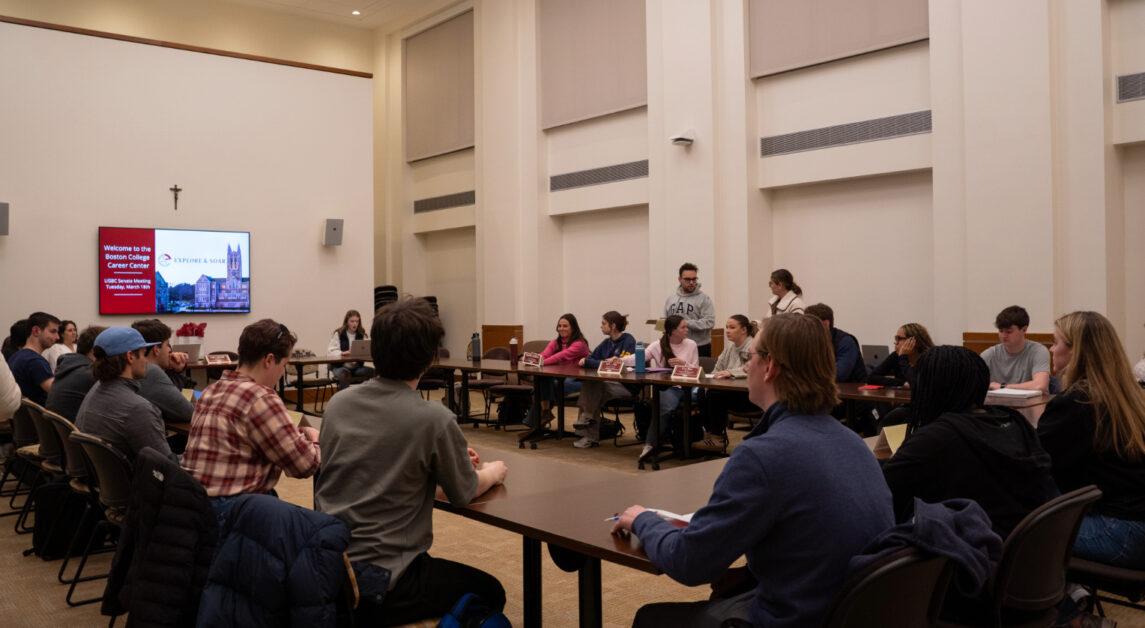The Supreme Court stalled the Trump administration’s effort to repeal the Deferred Action for Childhood Arrivals program on Thursday on the grounds that the administration did not provide a sufficient reason to end the program. While the court’s decision does not guarantee the program will be permanently safe, the 700,000 individuals protected by DACA, commonly referred to as “Dreamers,” will continue to be protected from deportation and have permission to legally work until further legal action is taken.
Associate Vice President for University Communications Jack Dunn expressed support for the decision following the Supreme Court ruling.
“We are very pleased with the Supreme Court ruling, which is consistent with our support for DACA,” he said in an email to The Heights. “Over the years, DACA students have enriched our campus through their presence, and we hope they will continue to do so in the years to come.”
DACA is an administrative program that was created in 2012 during then-President Barack Obama’s administration that provides protection from deportation and issues work permits for individuals who meet certain criteria, including arriving in the United States before the age of 16. The program gives “Dreamers” renewable two-year deferrals of potential deportation. DHS established DACA after Congress failed to pass the Development, Relief, and Education for Alien Minors Act (DREAM) Act, which would have granted legal status and eventual citizenship to young immigrants.
Opponents of DACA say it rewards people for breaking the law and promotes illegal immigration, in turn negatively affecting American workers.
Trump tweeted Friday that he would continue his administration’s efforts to end the program in compliance with the court’s ruling.
At the request of then-Attorney General Jeff Sessions, the Department of Homeland Security issued a memorandum in 2017 announcing its plan to phase out DACA on the basis that it was an “unconstitutional exercise of authority by the Executive Branch.” The memorandum justified its decision on the basis that DACA featured the same “legal and constitutional” format as the Deferred Action for Parents of Americans (DAPA), an Obama administration immigration policy that the Supreme Court barred in 2016 and Trump rescinded in 2017.
After the memo’s filing, several lawsuits ensued alleging that Homeland Security’s actions to end DACA were illegal. U.S. district courts in California, New York, and the District of Columbia issued injunctions granting permission to former recipients of DACA to renew their status as Dreamers deferred action.
The Supreme Court ruled on Thursday that Homeland Security may try again to eliminate DACA, but it must do so on different legal grounds.
Chief Justice John G. Roberts Jr., a conservative who has made headlines for occasionally siding with the court’s liberal wing during the Trump administration, wrote in the majority opinion that the administration’s failure to provide necessary “reasoned analysis” for dismantling DACA was “arbitrary and capricious”—thus violating the Administrative Procedure Act, a federal law that regulates administrative agencies.
In the memorandum to rescind the program, the Department of Homeland Security did not consider whether it could grant DACA recipients deferred action without giving them other benefits, including authorization for employment, and did not evaluate the dependency of recipients on the DACA program, according to the Supreme Court ruling.
“[Though Homeland Security] was not required to ‘consider all policy alternatives,’… deferred action was ‘within the ambit of the existing” policy,…indeed, it was the centerpiece of the policy,” the decision reads. “In failing to consider the option to retain deferred action, [former United States Deputy Secretary of Homeland Security Elaine] Duke ‘failed to supply the requisite “reasoned analysis.”’”
Following the 2016 election of Trump, whose campaign platform included plans to reverse DACA, Boston College students petitioned the University to designate BC a sanctuary campus, meaning BC would work to support these members of the community by means of health insurance, and mental health and legal services.
University President Rev. William P. Leahy, S.J., signed onto two statements in November 2016, from Pomona College and from the Association of Catholic Colleges and Universities, affirming BC’s commitment to upholding DACA and protecting the status of undocumented students. Twenty MCAS chairs penned a letter echoing Leahy’s statement.
In December 2016, Eradicate Boston College Racism, anti-racist organization on campus, led BC students and faculty in participation of a national walkout on O’Neill Plaza to demand that the University take additional steps to protect undocumented students and workers by becoming a sanctuary campus.
In September 2017, the Trump administration formally announced its intent to phase out DACA by March 2018. Leahy issued another statement at that time denouncing the administration’s plan to rescind DACA.
“The decision to rescind DACA is such a mistake, and so conflicts with our values and heritage as a nation of immigrants,” Leahy wrote in the statement. “It is essential that Congress resolve this unfortunate situation as soon as possible. … In the meantime, Boston College will continue assisting DACA students in its community.”
Others on campus echoed similar sentiments. Academic deans released a statement to the BC community denouncing Trump’s decision, and the Division of Student Affairs released a document outlining the ways it would continue to support international and undocumented students. The statement said that Student Affairs would maintain student confidentiality of personal records unless required by a warrant to disclose information and that BC would require law enforcement agencies to notify the school before performing investigations on campus.
BC also signed a letter from the American Council on Education imploring Congress to take action against Trump’s request to terminate DACA in October of 2017.
Featured Image Courtesy of Wikimedia Commons

